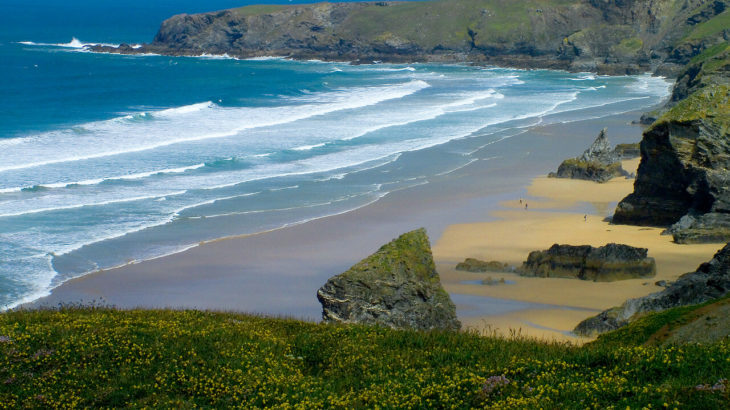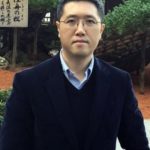How Queen Mary University of London is revolutionising marine wave energy

From COP26, a key global focus is to accelerate the phasing out of coal and fossil fuels. To do that, a wider range of renewable energy sources are needed so Queen Mary scientists are exploring more cost-effective ways of generating marine energy power.
Solar and wind power are well established within the energy sector, and it’s clear that the role of renewable energy sources will continue to grow in our fight against climate change. However, in a country where the weather is temperamental, supplies of solar and wind energy can be intermittent, so it’s vital to have an alternative carbon neutral supply. Marine wave energy can plug this gap.
It’s estimated around 15% of the UK’s current electricity demand could be filled by domestic wave energy, creating jobs and making it a key player in the industry. However, the technology is less mature than other renewable sources, so it’s crucial that any issues are addressed now to ensure its future viability.
Queen Mary University of London has taken on the challenge, aiming to make marine wave energy more reliable for universal usage. Professor Martin Knight, Dean for Research in the Faculty of Science and Engineering says: “This growing research programme in marine wave energy supports the wider ambitions of our Faculty of Science and Engineering to develop ‘green’ energy solutions.
“This aligns with the UK Government’s Net Zero Research and Innovation Framework, which outlines the research and technologies urgently needed to limit the worst effects of climate change.”
Overcoming wave energy challenges
In a collaboration with the University of Manchester and the University of Exeter, researchers from Queen Mary are taking on some of the problems which are hampering the wider deployment of wave energy converters (WECs).
Currently, these devices – used for capturing wave energy – aren’t as efficient as they could be, and struggle to survive in extreme weather conditions. With a £7.5m investment from the Engineering and Physical Sciences Research Council – part of UK Research and Innovation – the joint project is exploring a cutting-edge, ‘whole system’ approach to address issues with WECs.
Researchers will study the control of WECs to understand the interactions and constraints of different components and energy conversion stages. With this data, they can begin to maximise energy output and improve reliability.
Along with this, the project will explore ways to bring down the overall cost of marine wave energy to ensure its long-term usage. Unlike other existing renewable energy turbines, there are currently no common design concepts for WECs. The team hopes that by evaluating trade-offs between different device designs, they can deliver lower cost technologies without compromising on power quality or availability.
Powering remote islands and rural coasts
Another impactful project is Queen Mary’s “Sea Wave Energy Powered Microgrid for Remote Islands and Rural Coasts” programme.
In collaboration with Eco Wave Power, the Asian Institute of Technology, Thailand, and the Provincial Electricity Authority of Thailand, researchers at the university will study the development of onshore WECs powering the first pilot microgrid in Phaluai Island, located in the southern part of Thailand. The main aim of the project is to increase the efficiency of WECs to offer an economically viable solution for low-income island communities.
Researchers will explore different ways to significantly improve the overall performance of Eco Wave Power’s onshore WECs, with a view to reducing the maintenance costs of these systems and helping provide reliable electricity to residents of Thailand’s remote islands.
The project was recently awarded almost £300,000 from Innovate UK, alongside an existing joint grant with Eco Wave Power from the Wohl Clean Growth Alliance. This support has enabled a long-term approach to commercialising marine wave energy on a larger scale.
Project Contact

Dr Guang Li
Reader in Control Engineering, Queen Mary University of London


